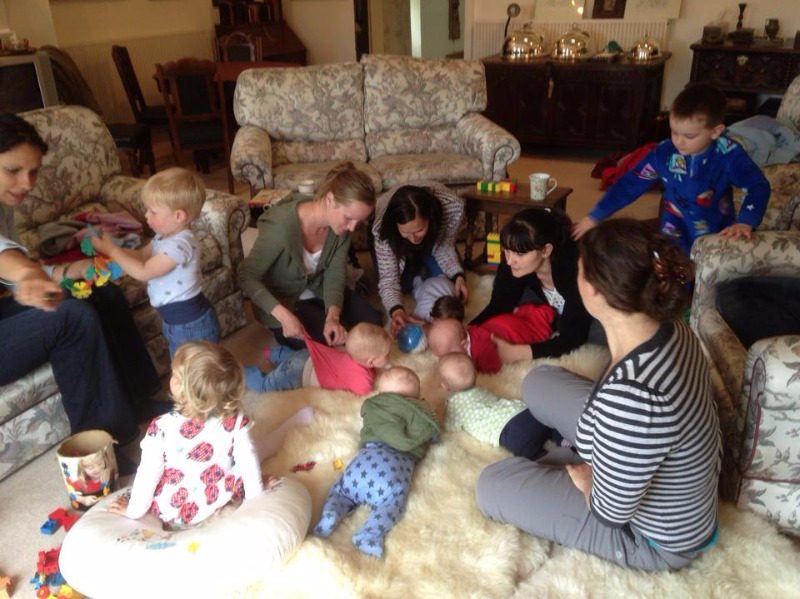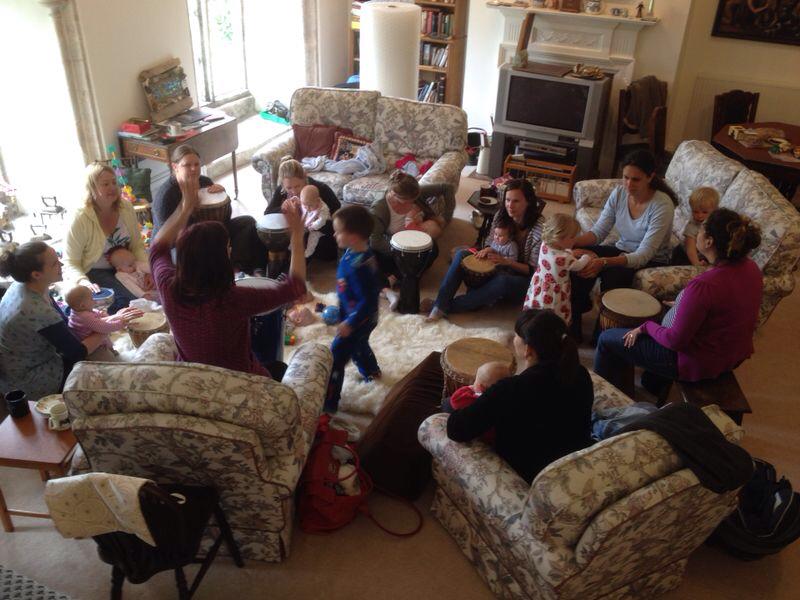dorchester and weymouth attachment parenting
Dorset and Weymouth attachment parenting is a social group for like-minded parents who are into gentle parenting, breast feeding, co-sleeping, sling wearing etc.
It is a very informal group. We basically sit around and chat/give support to each other while our children play and have fun. Everyone is welcome!
We meet weekly on a Friday from 11-2pm.
Tea, Coffee and biscuits are always provided (£1 donation advised)
Below is some more information about attachment parenting.
We hope to see you at our next meeting
Attachment Parenting definition:
An approach to raising infants that aims to promote a close relationship between the baby and its parents by methods such as feeding on demand and letting the baby sleep with its parents.
The phrase was coined by pediatrician William Sears, and is a parenting philosophy based on the principles of attachment theory in developmental psychology. According to attachment theory, the child forms a strong emotional bond with caregivers during childhood with lifelong consequences. Sensitive and emotionally available parenting helps the child to form a secure attachment style which fosters a child's socio-emotional development and well-being. Principles of attachment parenting aim to increase development of a child's secure attachment and decrease insecure attachment.
When parents are taught to increase their sensitivity to an infant's needs and signals, this increases the development of the child's attachment security.
Here are the eight main principles of attachment parenting. Parents have considerable leeway in how they interpret and put these principles into action. The eight principles are:
- Prepare for pregnancy, birth, and parenting. Proponents of attachment parenting believe it is important to eliminate negative thoughts and feelings about pregnancy. Doing so, they say, readies a parent for the emotionally demanding work of being a parent.
- Feed with love and respect. Breastfeeding, proponents say, is the ideal way to create a secure attachment. It also teaches infants that parents will listen to their cues and fulfill their needs.
- Respond with sensitivity. With attachment parenting, parents consider all expressions of emotions, including repeated tantrums, as real efforts at communication. Those efforts are to be taken seriously and understood rather than punished or dismissed.
- Use nurturing touch. Attachment parenting proponents advise maximum skin-to-skin touching. Ways to achieve that include joint baths and "baby-wearing" -- carrying babies during the day in a front-facing sling.
- Engage in night time parenting. Attachment parenting experts advise making "co-sleeping" arrangements. With co-sleeping, an infant sleeps in the same room with parents so they can feed and emotionally soothe the child during the night. Some parents practice "bed-sharing" or sleeping in the same bed with babies. But be aware that currently the American Academy of Pediatrics advises against this as it may increase the risk ofsudden infant death syndrome, or SIDS.
- Provide constant, loving care. Proponents of attachment parenting advise the nearly constant presence of a parent. That includes during walks, parents' night out, and work. They advocate against childcare for more than 20 hours a week for babies younger than 30 months old.
- Practice positive discipline. Parents are advised to distract, redirect, and guide even the youngest of babies, and to model positive behavior. Attachment parenting aims at understanding what a child's negative behavior is communicating. And parents are encouraged to work out a solution together with a child, rather than spanking or simply imposing their will on children.
- Strive for balance in personal and family life. Parents are encouraged to create a support network, live a healthy lifestyle, and prevent parenting burn-out.


